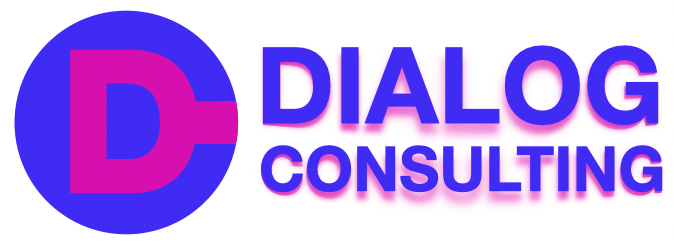Recently, I discovered a social media measurement service called www.Klout.com. That’s as in: “Who’s got clout?” My question is, do you have clout? Do you need it? How do you get it?
Greatly simplifying, Klout measures a person’s influence based on how many friends they have on Facebook and how many followers they have on Twitter. I’m not saying that those are bad measures of influence. In fact, if in business I’m deciding whom to influence, I want to influence the influencers. Klout is a valuable tool.
Still, as a social media professional, I’ve made two radical decisions regarding business social networking.
- I don’t try to be everywhere or to be all things to all people. Businesses have limited resources; do one thing well, rather than five things poorly. For business social networking, I use only LinkedIn, not Facebook, not Plaxo, not Spoke, not Ryze, not … anything else.
- I connect with (or follow) only people that I actually know. And respect. As a result, even though I was one of the first 99,000 members of LinkedIn, and 99,900,000 members have followed, today I have fewer than eight hundred connections. But they’re real connections. When I ask them for something, I usually get it. And when they ask me for something, I’m happy to assist.
Social networking is a lot like real life. When you invest in your relationships, they pay dividends. Yes, it’s a little counterintuitive but I say go for quality over quantity.

So true. Too many worthless connections on LinkedIn are worse than worthless, they can be detrimental. How do I correct past mistakes and de-connect with people?
Patricia
Pat,
Last July I wrote about how to “‘delink” from people without notifying them: http://www.bit.ly/visibility-off Just as it’s good practice to periodically prune our shrubs to keep them healthy, the same goes for our LinkedIn networks.
Dave, What are your thoughts on how to handle the recent flood of “endorsements” that we are seeing on LinkedIn ?
Ed – Unlike the previous LinkedIn “recommendations”, I think the “skills endorsements” are a big plus. People always claimed a set of skills in their own profiles (self-endorsed), but now we can see how others weigh in on these claims. This adds (largely unsolicited) third-party credibility to the picture of individuals. If they claim skills that others do not back, well… I’m just sayin’…
That said, do not feel an obligation to reciprocate. “One hand washes the other” is not what this is about. Rather, it’s about authenticity and reality. Accept what others say about you without obligation. And endorse those you know and believe in without expectation of return. This will make LinkedIn better for all of us.